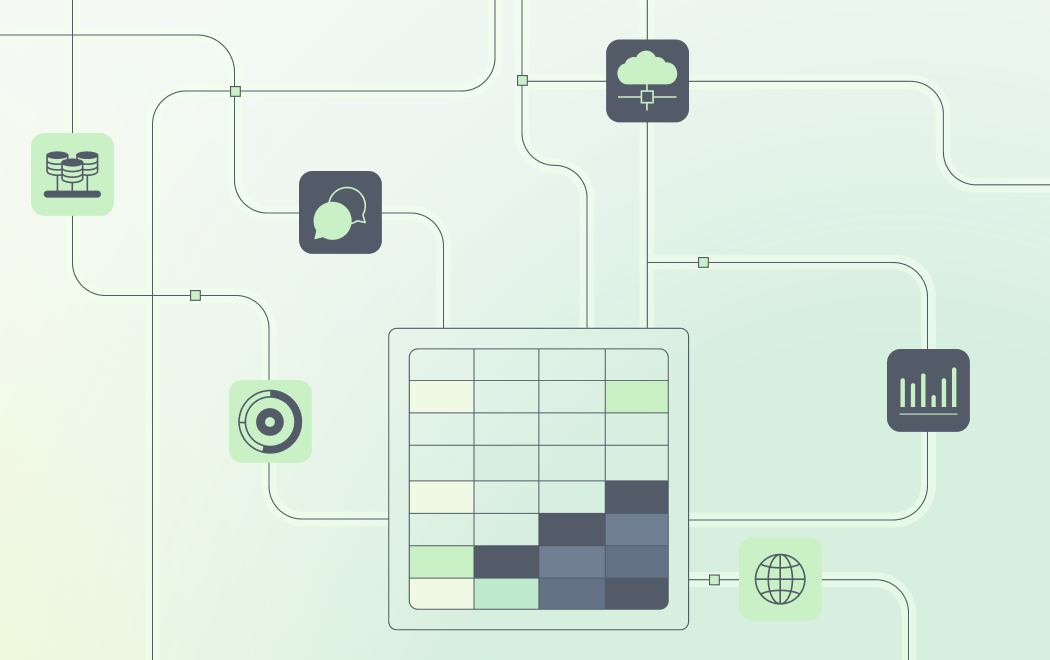A Guide on the Benefits of Self-Hosted Analytics for Enterprise Businesses

Introduction
Imagine having the keys to a vault where every piece of data about your business is stored—not just any vault, but one that you built, control, and customize according to your precise specifications! This is the empowering reality of self-hosted analytics. It's like being the captain of your ship, navigating through the vast ocean of digital information with the confidence that comes from knowing every inch of your vessel.
Self-hosted analytics not only offer this level of control but also unlock a world of potential for your business to tailor your data analysis and secure your information fortress. By choosing this path, your company can craft an analytics environment that evolves with you, ensuring that insights, growth, and strategic direction are always aligned with your unique vision and goals.
So what makes self-hosting that attractive? We tried to summarize the perks in the following 7 points but we know for sure there is more to self-hosted analytics than what’s on this list. Take it from us, we’ve been in the product analytics market for over a decade…
Self-Hosted Analytics: Why Is It A Corporate Favorite?
1. Complete Data Ownership
On top of the list comes data ownership, because beyond mere access, complete data ownership empowers your business with the absolute authority over data storage, access, and management. This is particularly crucial in sectors where data is not only a valuable asset but also a liability under stringent regulations. For instance, financial and healthcare industries can leverage self-hosted analytics to ensure that all data handling meets the rigorous standards set by laws like GDPR in Europe and CCPA in the United States, thereby safeguarding patient confidentiality and consumer privacy.





